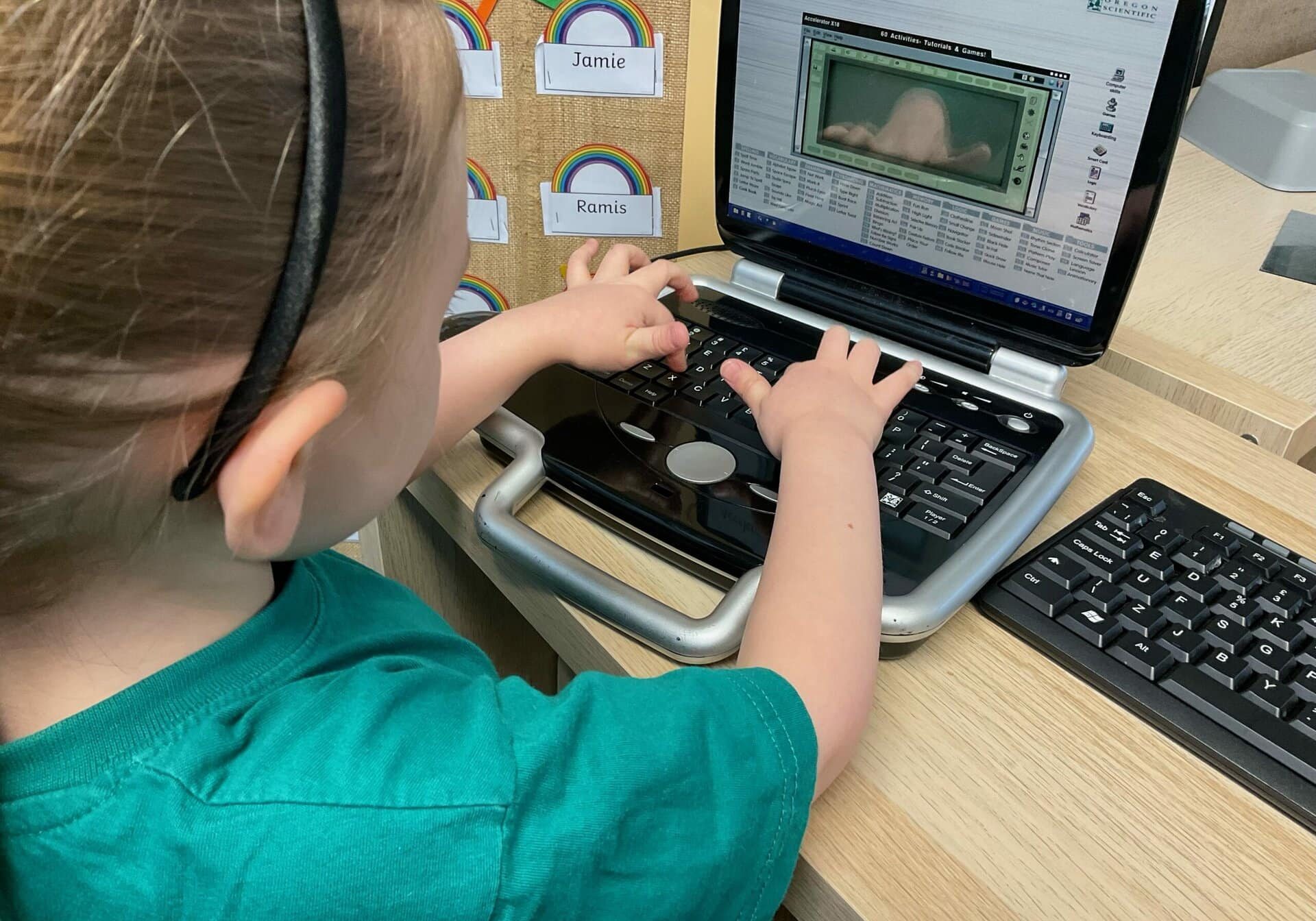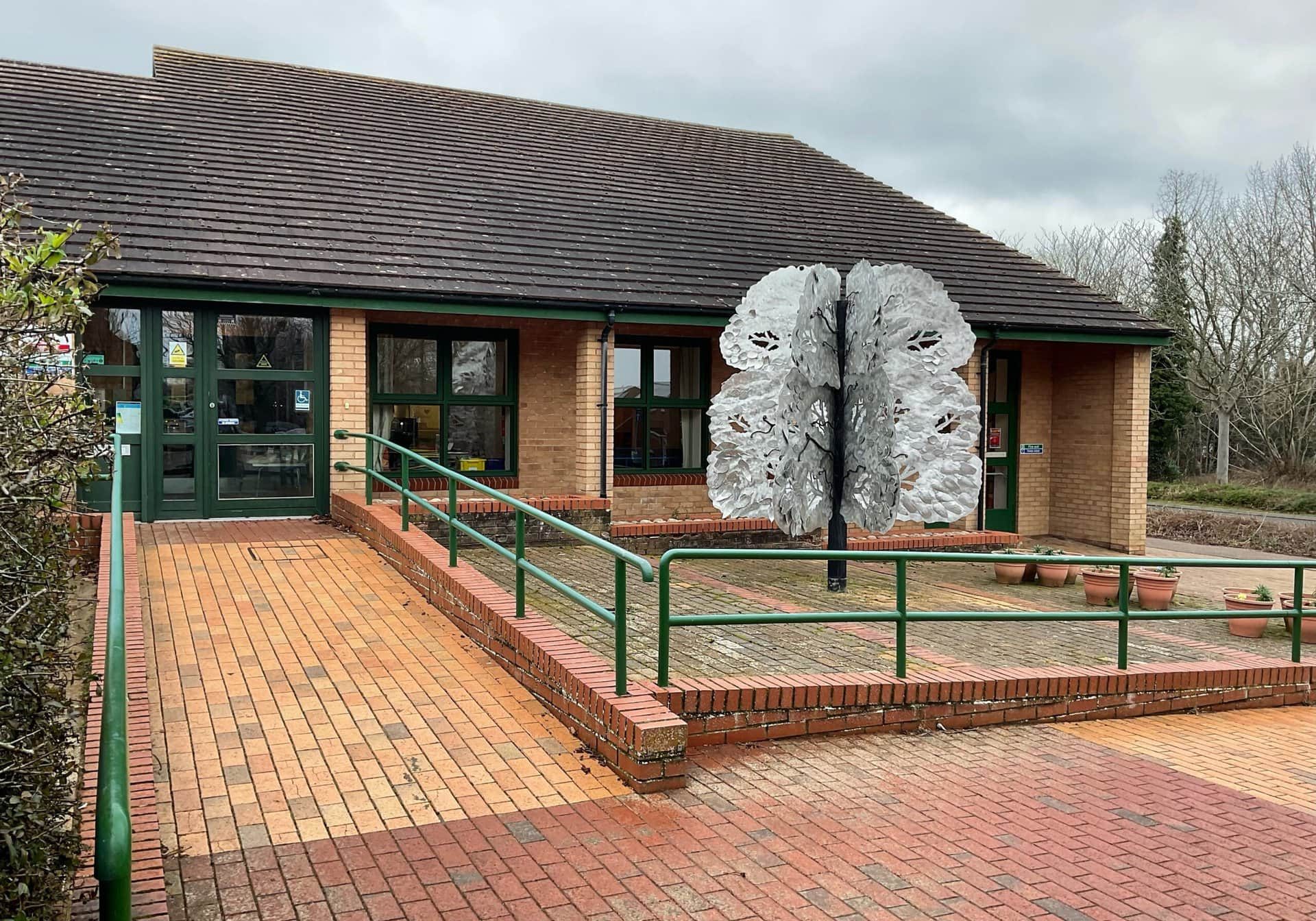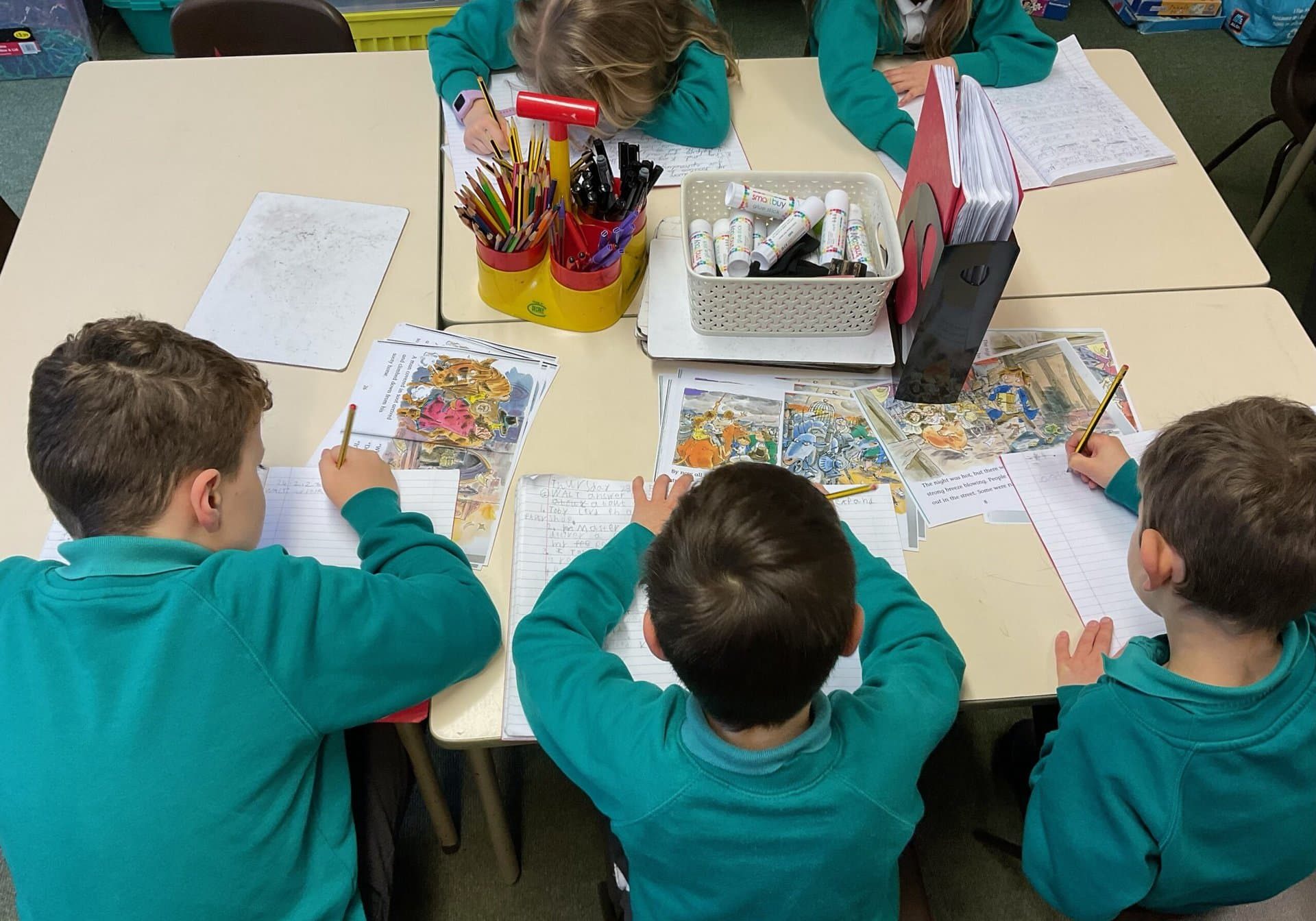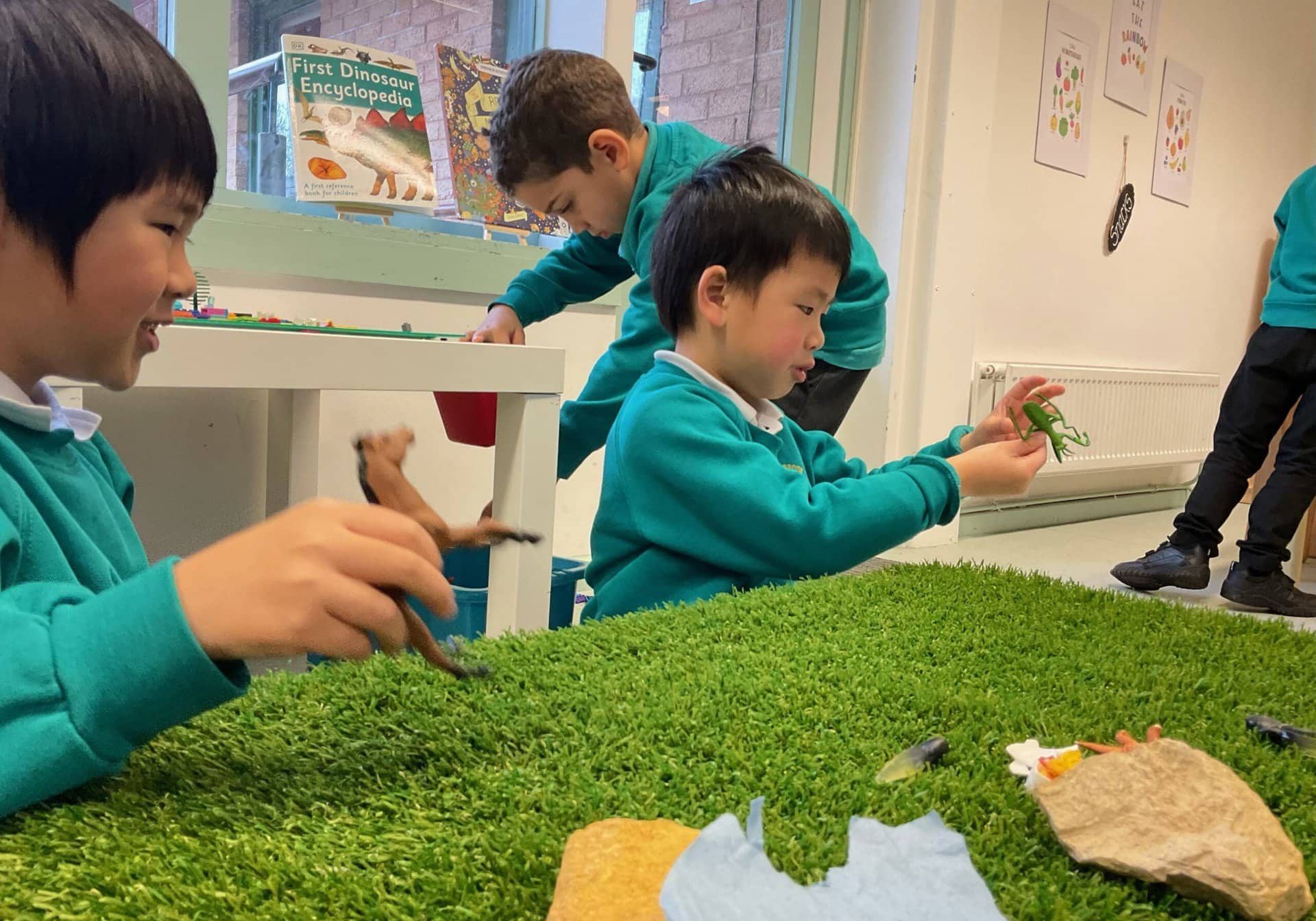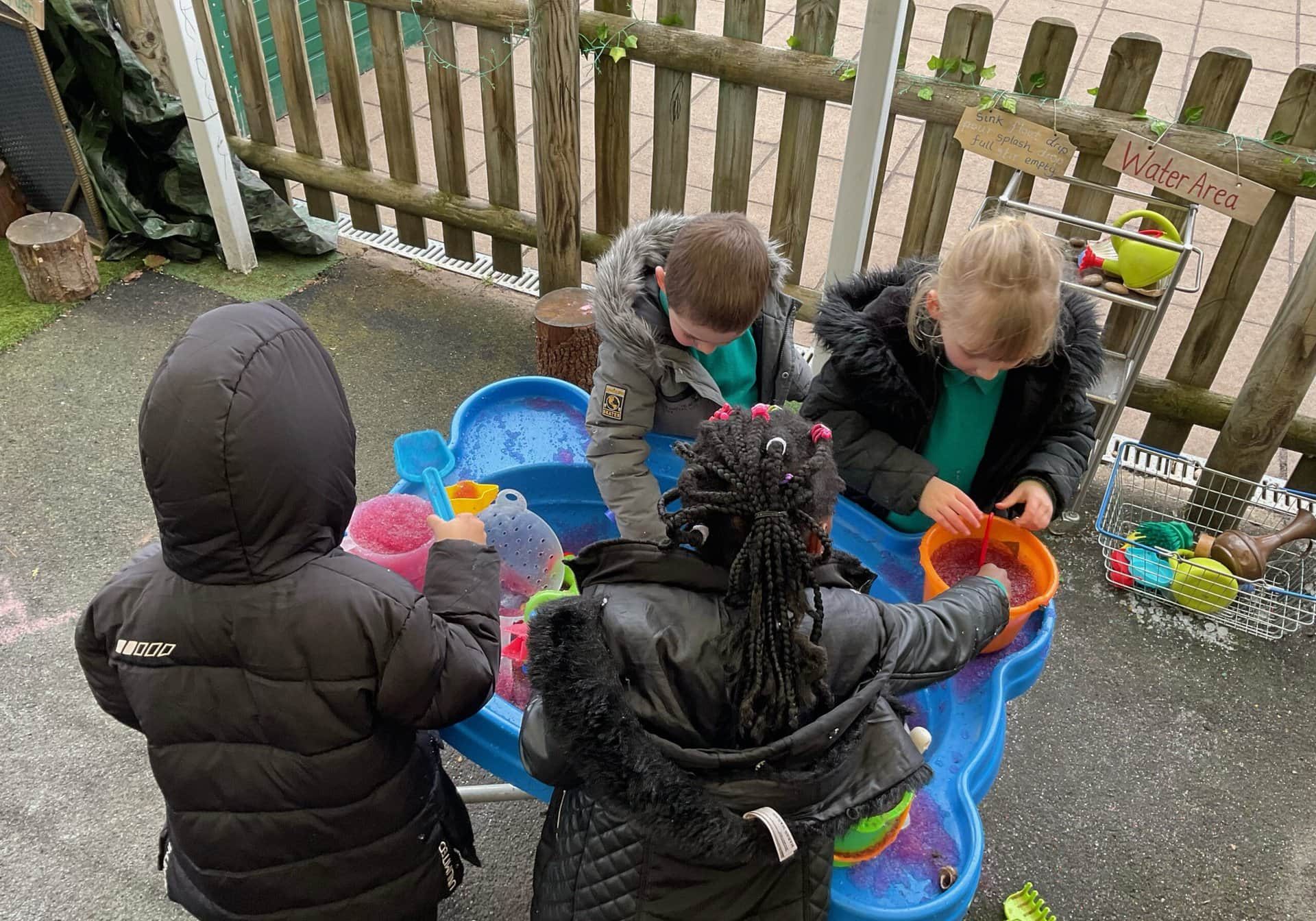Online Safety
Importance of Online Safety for Young Children
In today's fast-paced digital world, technology is ever-present and increasingly accessible, even to our youngest learners. At our infant school, we understand the profound impact this can have on children aged 4 to 7 years. As such, we are committed to ensuring that our children are not only proficient in using these tools but also understand the importance of using them safely and sensibly.
Recognising Technological Advancements
With the rapid advancements in technology, children today have access to a variety of digital devices, including iPads, at a much earlier age. Our school recognises these changes and actively adapts our teaching methods to equip our children with the knowledge and skills they need to navigate this digital landscape responsibly.
Focus on Sensible Digital Use
We believe in the importance of fostering a balanced approach to digital device usage. By promoting sensible digital habits, we help our children understand the value of moderation and encourage them to use technology as a tool for learning and creativity, rather than as a source of distraction.
Developing Skills and Knowledge Around AI
As we move forward, we are also embracing the opportunities presented by artificial intelligence (AI). Our curriculum is designed to introduce our young learners to the basics of AI, helping them develop a foundational understanding of how these technologies work and how they can be used responsibly.
By integrating these principles into our learning, we aim to create a safe, supportive, and innovative learning environment where every child can thrive. Thank you for entrusting us with your child's education and online safety. Together, we can help our children become confident and responsible digital citizens.
Here are 4 key tips
- talk to your child about staying safe online
- manage the apps and tools your family use
- explore the online world together
- agree on rules about what’s ok and what’s not
Useful Websites
Kidsmart
Childnet
NSPCC
UK Safer Internet Centre
Vodafone
Parentzone
Internet Matters

